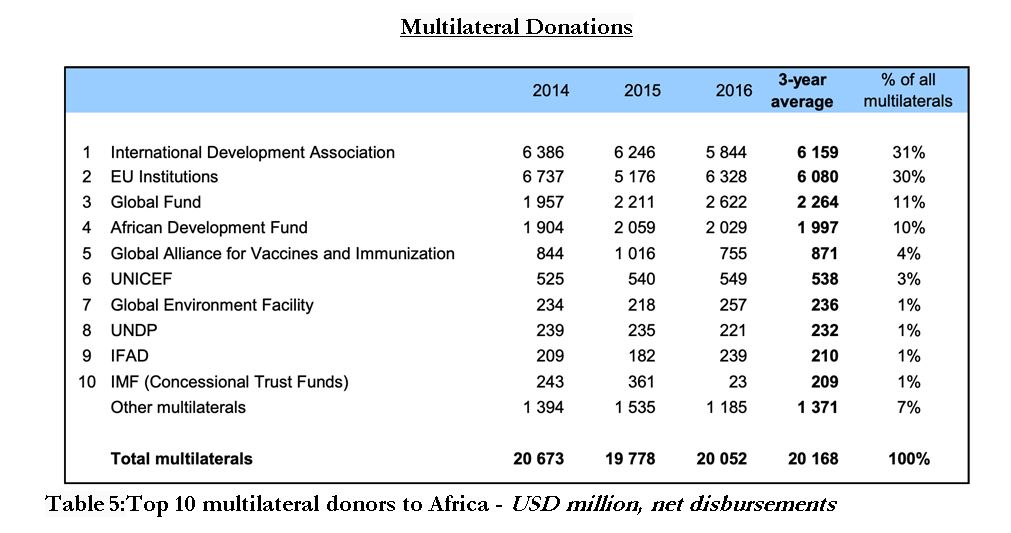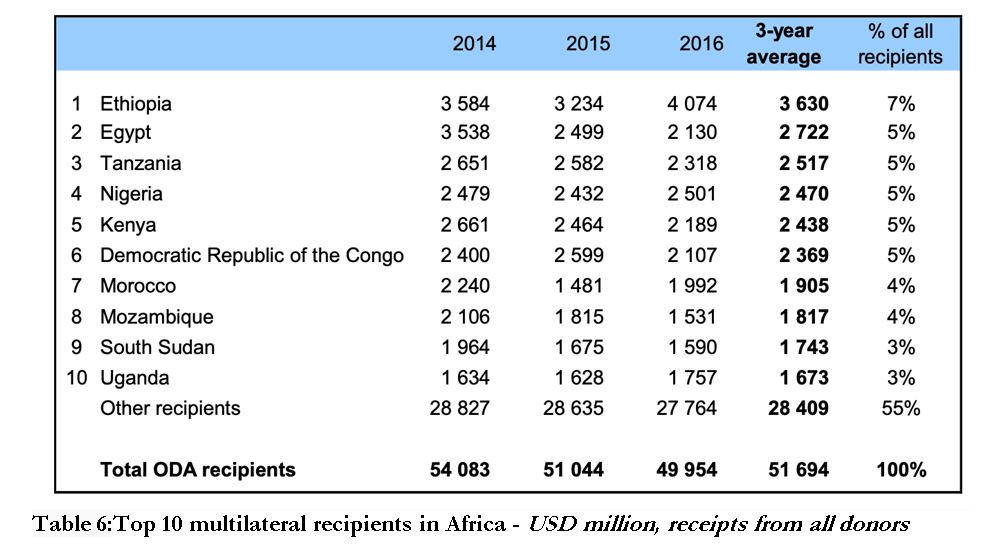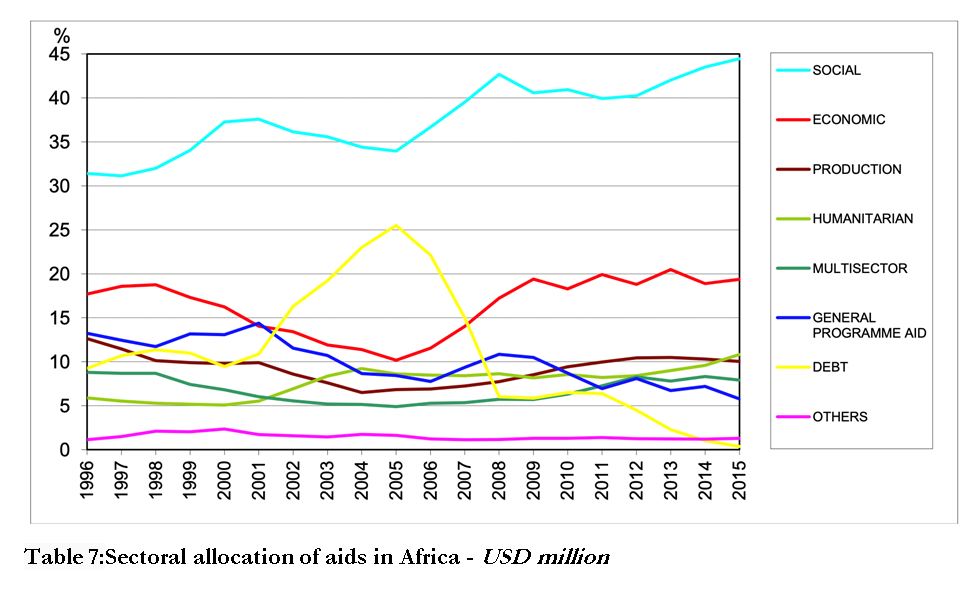Project Monitoring Initiatives
Project Monitoring & Reporting Proposal to International Donor Organizations

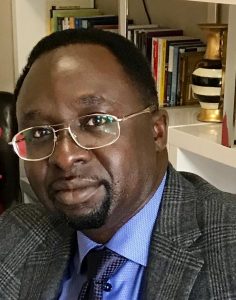
Dr. Victor Oluwi, FIIAS
(Canada)
Project Monitoring Officers
Overview
Rich in vast quantities of human, material, and natural resources, the developing countries of Africa are culturally, economically, and ecologically diverse. African countriesare predominantly characterized by low standard of living – albeit some countries could be classified ashaving lower-middle and upper-middlestandards of living.With an estimated population of 1.3 billion people, Africa is endowed with about 60% of the world’s arable lands, 90% of the world’s raw material reserves, and 40% of the world’s gold reserves. In addition to vast quantities of crude oil and natural gas reserves, Africa also harbours 33% and 95% of the world’s diamond and platinum reserves respectively. However, and despite its vast riches and potentials, the previous long years of military dictatorships, corruption, civil unrest, war, underdeveloped institutions, low per capital incomes, little or non-functional infrastructures, poor quality and low access to health and education, dependence on the export of raw agricultural and mineral commodities, and poor leadership remain an albatross for Africa.




Ingrid Epezagne, ABD
Ghana
Peter Mmbando
Tanzania
Barrister Chinenye Atuma
Abuja
Vamara Yeo
Cote D’Ivoire
The Trend of Foreign Aids to Africa
The developing countries of Africa continue to benefit from millions of dollars from numerous International Donor Organizations (IDOs). According to the Brookings Institution, a non-profit public policy organization based in Washington DC, Africa accounts for around 20 percent of United States’ annual aid.In addition to donations from the United States multiple bilateral and multilateral donor organizations in countries that include Britain, Germany, France, Australia, and Canada grant aids in billions of dollars to the developing countries of Africa. The list of donor countries and the total aids flow to Africa is as shown in Tables 1 – 7 of the appendix.
While the continuous provision of aid to African developing countries is a contentious issue, the fact, however, remains that millions of dollars in aids continue to flow into the continent. Although the monies remitted by both bilateral and multilateral donors are targeted at the alleviation of poverty and the provision of social amenities and infrastructures, there has, however, been growing disillusionment with the overall performance of aids in Africa. Specifically, there exists no correlation between the monetary aids flowing into Africa and the actual level of development. The dismal performance of aids in Africa is principally attributed to the twin factors of the failure of leadership in the beneficiary countries and the lack of effective monitoring and the demand for accountability on the part of the donor countries.
The Proposal
Established in 2013, the International Institute for African Scholars (IIAS) is premised on the ethos of education, family, technology, medicine, humanity, agriculture, and health. A growing platform and community of predominantly African scholars and professionals, IIAS possesses the capacity andcapability to work with international donor organizations to achieve the overarching objectives of the aids granted to African countries. Specifically, IIAS proposes to utilize her African scholars and professional to monitor and report on the implementation phases of projects with an aim to ensuring the following:
The application and usage of monies to actual projects for which aids were granted
The quality of material inputs and workmanship
The accessibility of projects to supposed beneficiaries in the communities
……
…….
…….
Funding/Expense Requirements
The proposal by IIAS is not profit-oriented. Although experts and professionals from within IIAS would volunteer time and expend efforts to go on project monitoring assignments to any country or region of Africa on behalf of the IDOs, it is however pertinent to state that the support services and activities of IIAS would not warrant the payment of consulting fees. The IIAS proposal to support and monitor the projects and activities funded by the IDOs principally flows from the desire to ensure that donations and grants to African countries are managed properly and effectively utilized to enhance the standards of living of Africans.
With the ability to freely travel within Africa and to effectively engage/communicate with the local community leaders and population, IIAS would only require that the relevant IDOs cover the travel, accommodation, and feeding expenses of the experts and professionals that embark on project monitoring missions. The deliverables on the part of IIAS would be the submission of a comprehensive project monitoring report. Imbued with detailed insight, opinion, and status of projects underimplementation, such a report would avail IDOs and project sponsors the ability to adjudge the impact of aids and grants to African countries. Access to such reports would also enable IDOs and relevant project sponsors the ability to review the strategic scopes of future IDO funding and support for the developing countries of Africa.
Appendices
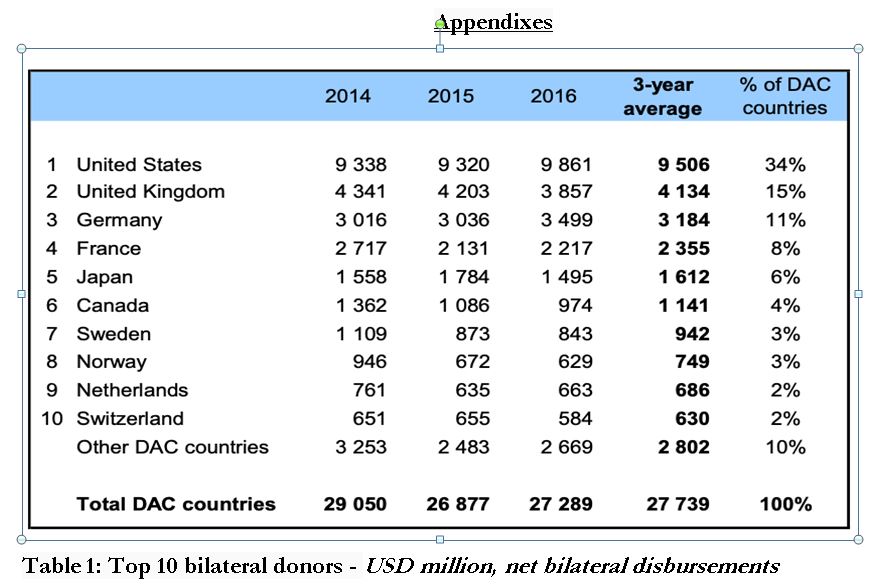
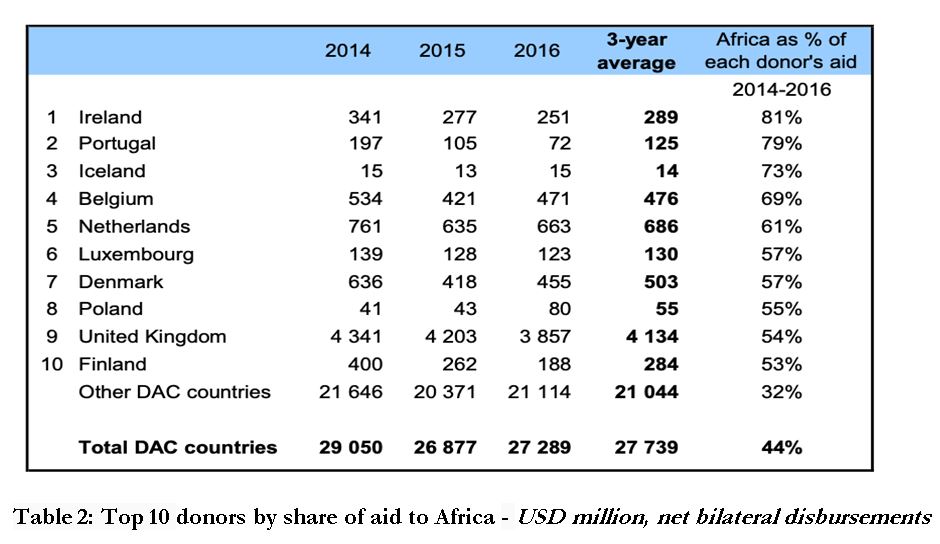
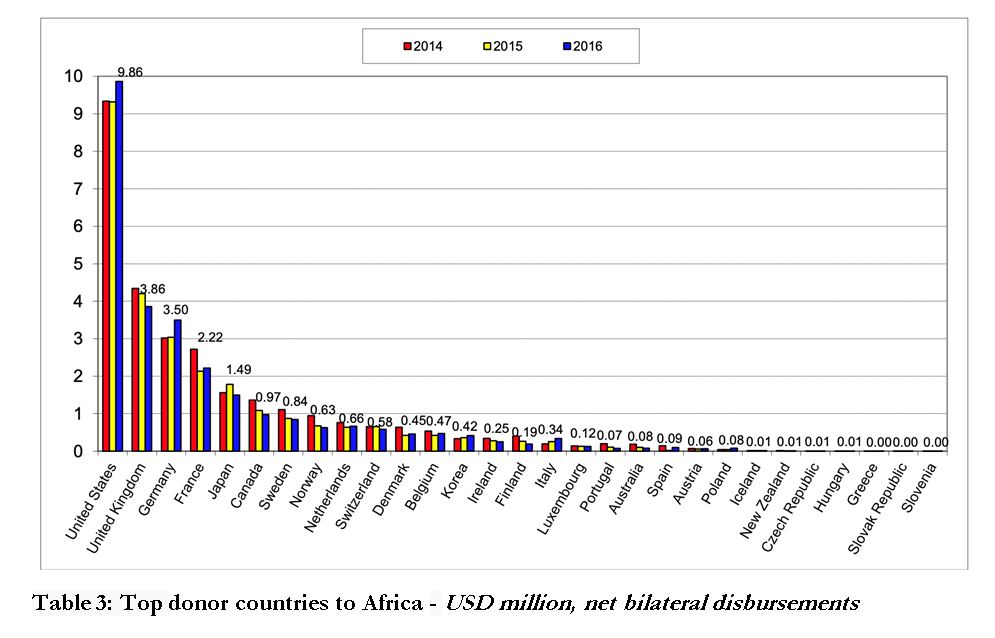
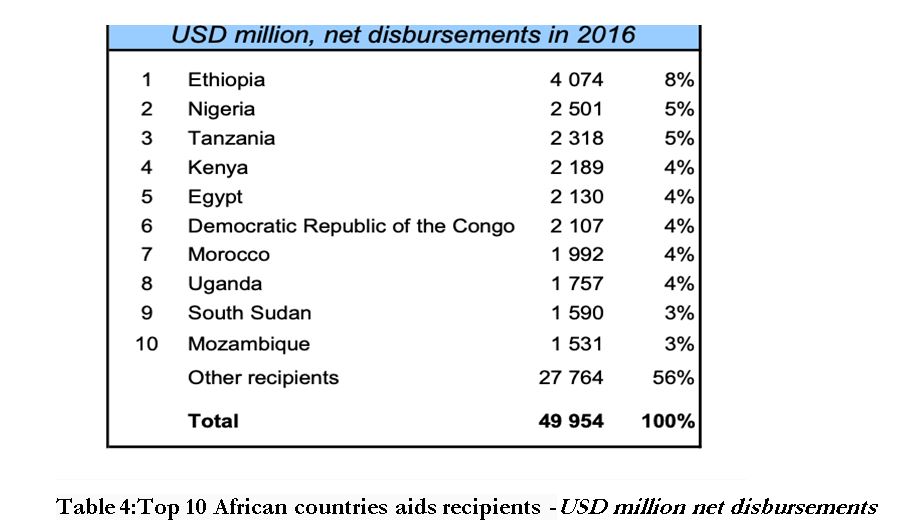
Multilateral Donations
